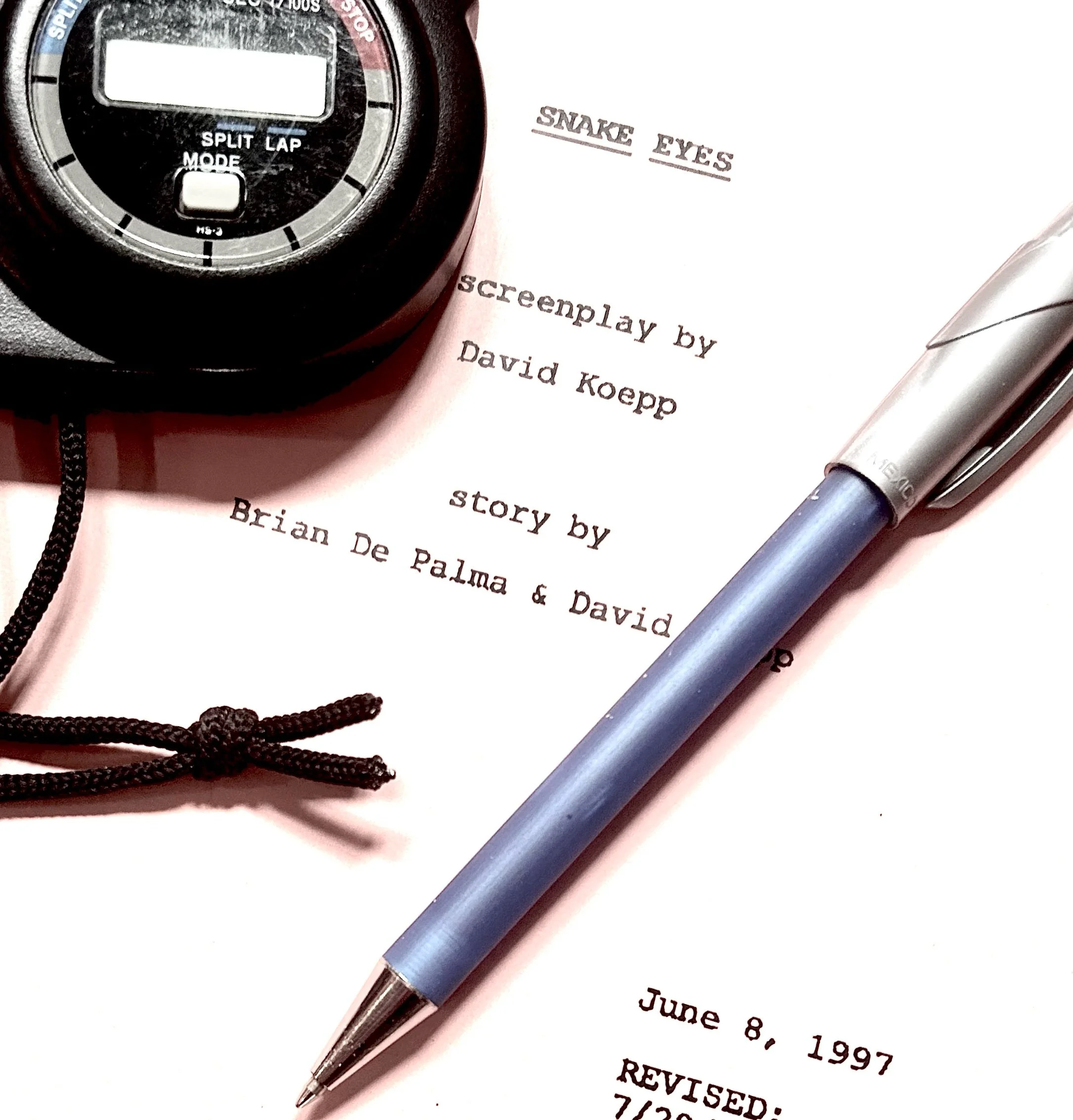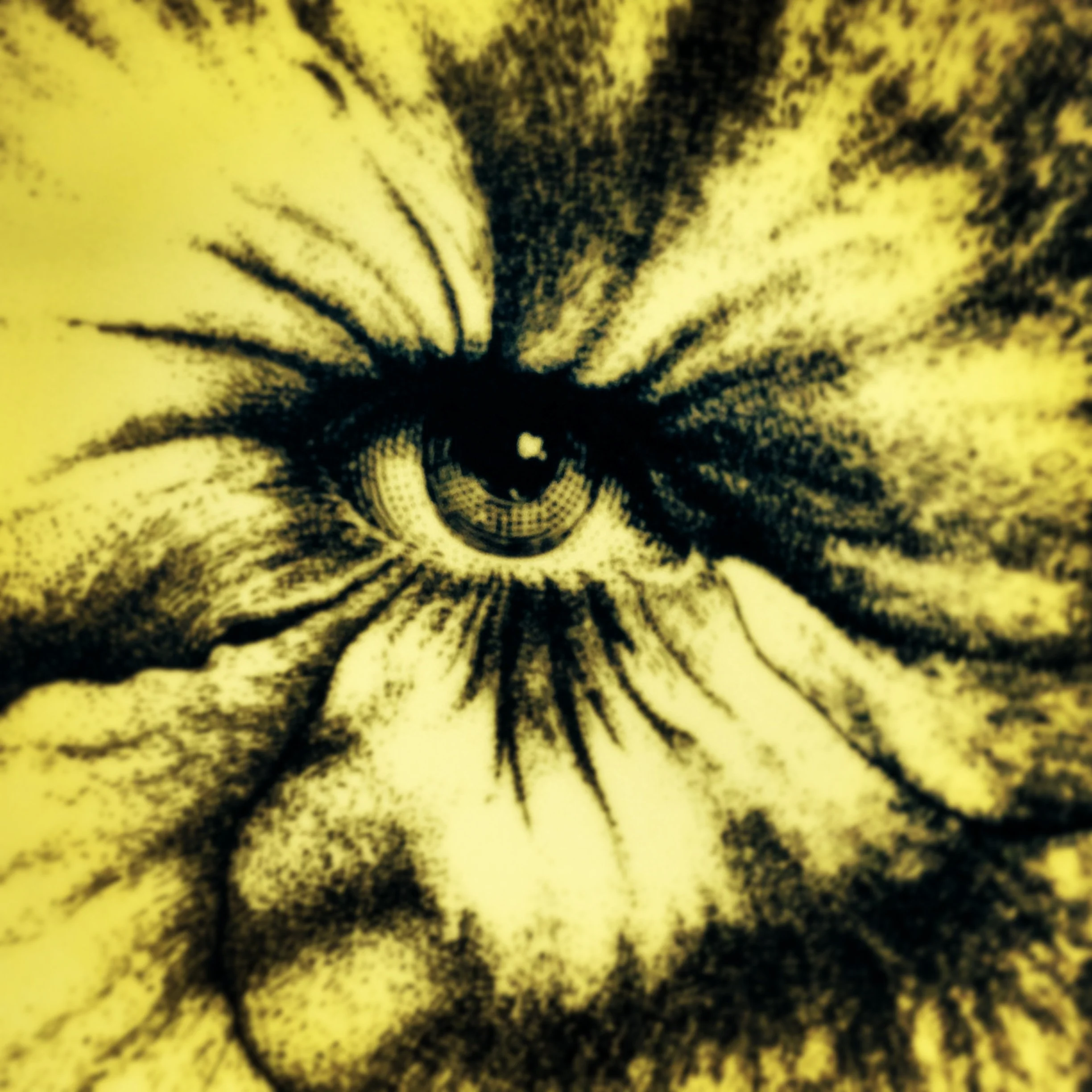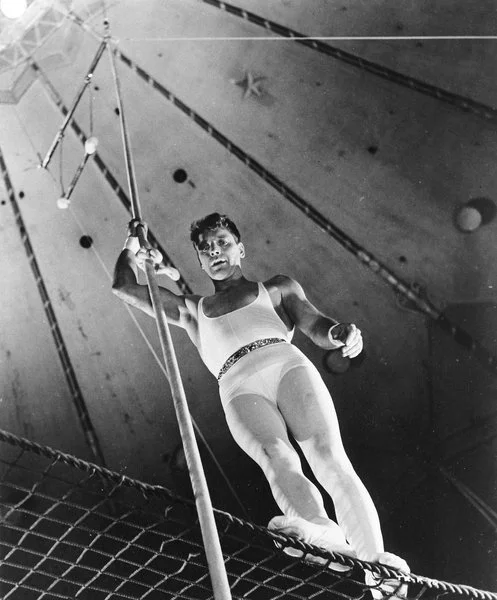The schedule runs the engine of production
Films are rarely shot in chronological order. Creating the production plan, crafting an efficient schedule, and deciding on the best order for shooting your film is done with your assistant director.
There are many puzzle pieces to a shooting schedule. Weather forecasts, location access, equipment availability, and actor availability can all create logistical challenges. A well-organized schedule lets you get the work for the day done in the allotted time with strong performances and a sense that everyone is pleased with their efforts.
Take care when building your schedule. It will pay off with a good directing experience.
Read More










